About Liber|Sound
Liber|Sound project proposes the liberation of musical inheritance contained in obsolete media (78 rpm discs and magnetic tapes) with the aim of facilitating the reactivation of memory and based on innovative processes of archiving. It focuses on examples of popular music micro-expressions, recorded and disseminated during the first half of the20th century by recording industry in Portugal, Mozambique, Brazil and India (Goa) - territories that share political histories and common languages with evident echoes on musical transits and experiences. Liber|Sound is focused on particular sound archives revealing:
-
transits between sound practices and musicians in Portuguese-speaking communities [henceforth PSC];
-
shared sound spaces which gave rise to autonomous music expressions;
-
examples of resistance to actions of colonial domination between Portugal and its former colonies.
Scholarship addressing music and colonialism have been focused - in the case of Portugal - in two main perspectives: the one from historical musicology by identifying and mapping the circulation of musical structures in search of the Portuguese presence in the world and the ethnomusicological one, more interested in the analyses of contemporary resilient practices, which remain in orality in postcolonial territories and their diasporas. However, far too little attention has been given to the earliest recordings -safeguarded on commercial discs of the early twentieth century (1900 - c.1960) - where individual, collective and performative histories are waiting to be recovered.
In addition, phonographic industry studies in the context of PSC frequently ignore post-colonial perspectives and are generally based on nationalistic premises, with emphasis on two aspects: the circulation of musical genres addressed as national symbols; the social and economic transformations carried out by the advent of phonography within the context of each "nation-state". However, few authors have been able to draw on any systematic research into the role of phonographic industries in the consolidation of transatlantic musical systems or on its role in the construction of shared musical memories between Iberian Peninsula, Africa, Asia and South America.
Liber|Sound seeks to fulfill these lacks both in theorical approaches and by promoting practical actions in order to rescue and reactivate sounds and voices that were paradoxically silenced by technological development.
The project methodology is based on shared research practices and it is organized in 3 phases. The first seeks to identify, classify and digitize examples of recorded music that are stored in public and private collections. The second presupposes a critical analysis of the repertoire, in a transcontinental and decolonizing perspective, shared with researchers from different contexts under analysis. The third seeks to reactivate the memory of the "liberated" musical heritage, promoting the reinterpretation of the selected repertoire, the construction of an online biographical encyclopaedia of music and musicians, and the organization of an international / transcontinental radio program dedicated to digitized sources and their reinterpretations.

Liber|Sound: connecting sound arquives in Portugal, Brasil, Moçambique and India (Goa)
The team
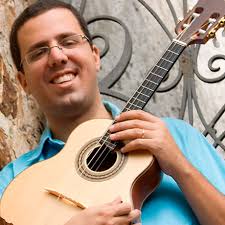
Pedro Aragão is an assistant professor at Universidade do Rio de Janeiro (UNIRIO), Brasil. His research interests include Brazilian popular music; music industry and popular music; sound archives and the lusophonic world. He is the author of the book "Alexandre Gonçalves Pinto e 'O Choro'", which(...)
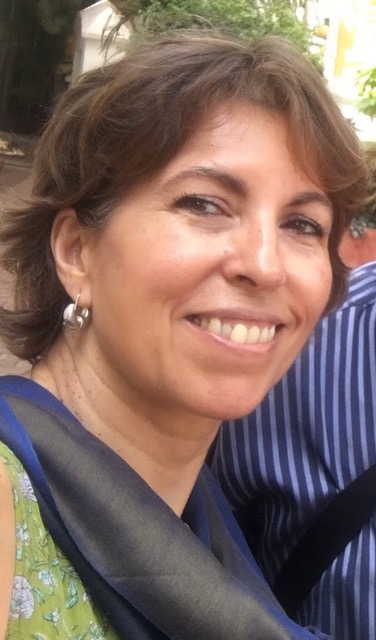
Susana Sardo is Associate Professor of Ethnomusicology at the University of Aveiro, Portugal, and Visitant Professor of the Chair Cunha Rivara at Goa University, India. She received her doctorare from the Universidade Nova de Lisboa. Her research interests include music in Goa and the Goan Diaspora(...)
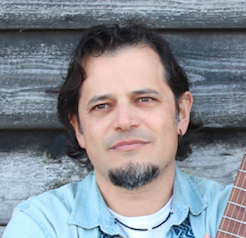
Alexsander Jorge Duarte was awarded a PhD in Ethnomusicology from the University of Aveiro in 2013, on the completion of his thesis entitled "Folgazões do Mogi-Abaixo: música, caipiridade e paisagens cantadas", written under the academic supervision of Dr. Susana Sardo and funded by the Foundation(...)
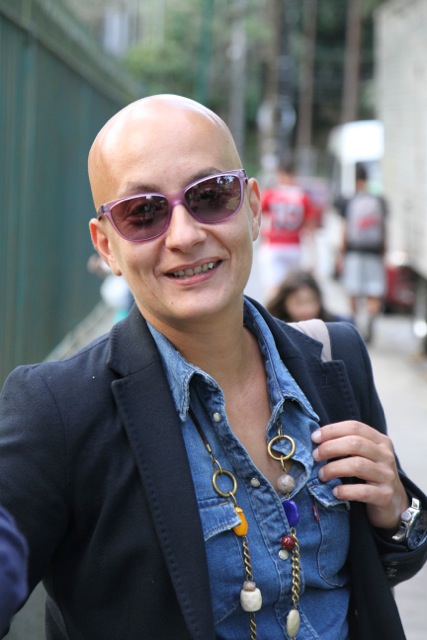
Ana Flávia Miguel is a Research Fellow at the University of Aveiro/INET-md. She holds a PhD in Music (Ethnomusicology) (2016) from the University of Aveiro, Portugal.
Since 2006 she has developed work on music, Cape Verde and migration and she has conducted fieldwork in Portugal, Cape Verde, Italy(...)

Andreia Duarte is a PhD candidate in Music – branch of Ethnomusicology – at University of Aveiro since 2019. She holds a master’s degree in Music Teaching - saxophone - from the University of Aveiro (2018), and a BA in Music - saxophone performance - from the same institution (2015). She attended(...)
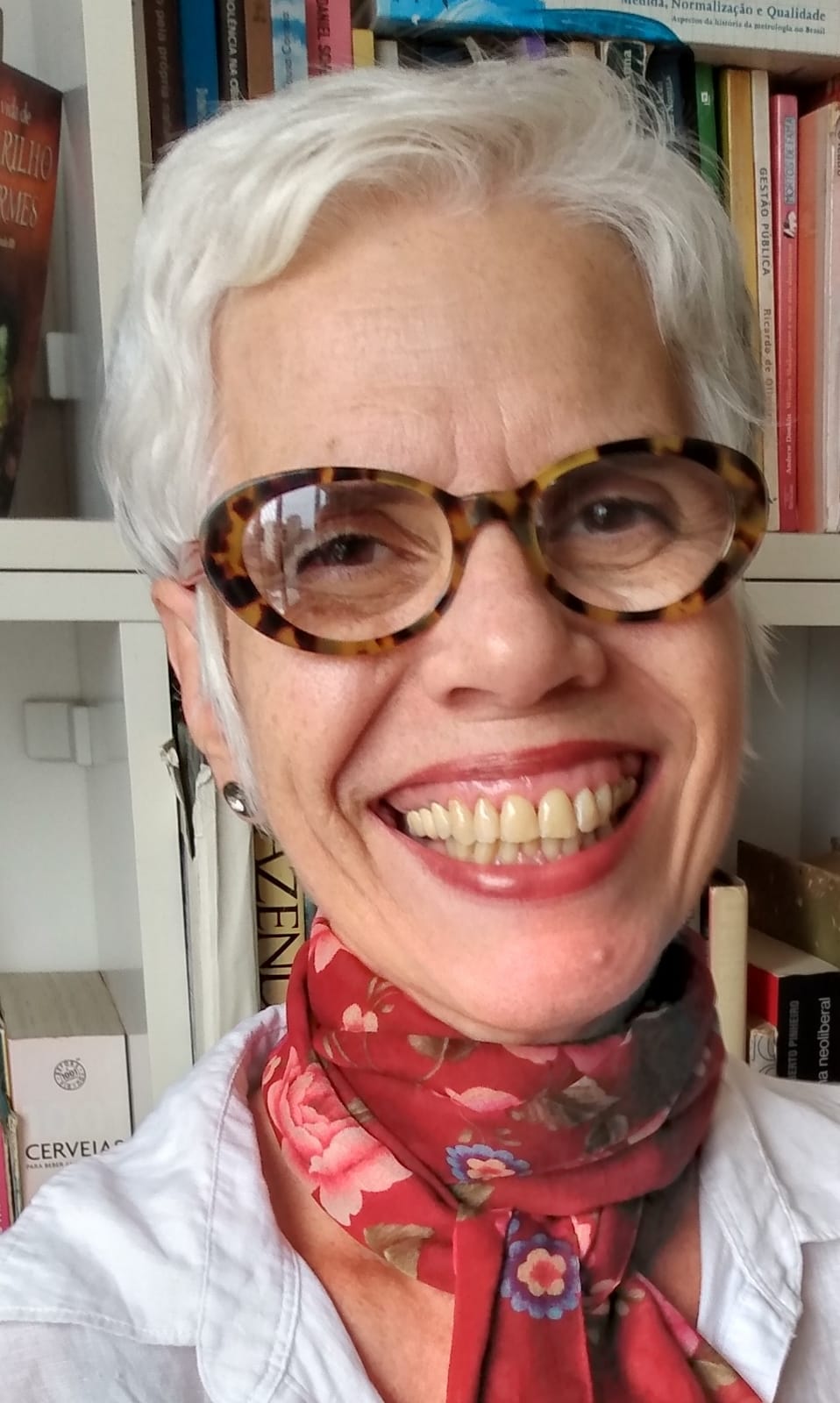
Angela de Castro Reis is a professor at the Federal University of the State of Rio de Janeiro (UNIRIO), teaching both at the undergraduate and graduate Theatre Education programs (PPGEAC). She is also an actress and a Brazilian theatre researcher. She holds a Master´s and doctorate degrees in Drama(...)
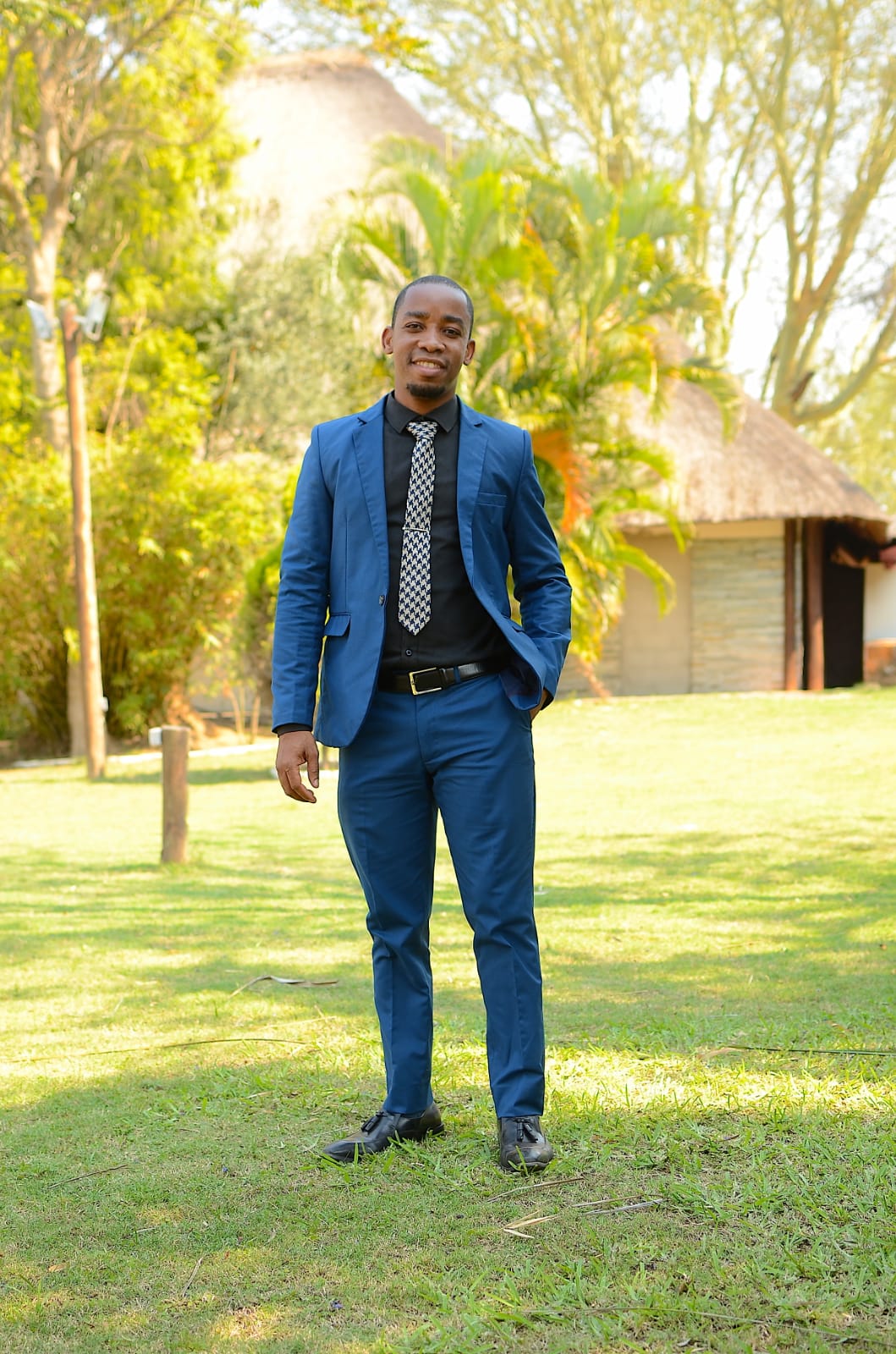
Cristiano Tsope was born in June 6th 1984, in Maputo, and graduated in History by Eduardo Mondlane University in 2009, caries a Master degree in Human Rights, Economic Development and Good Governance from Technical University of Mozambique, his dissertation was about media and human right in(...)
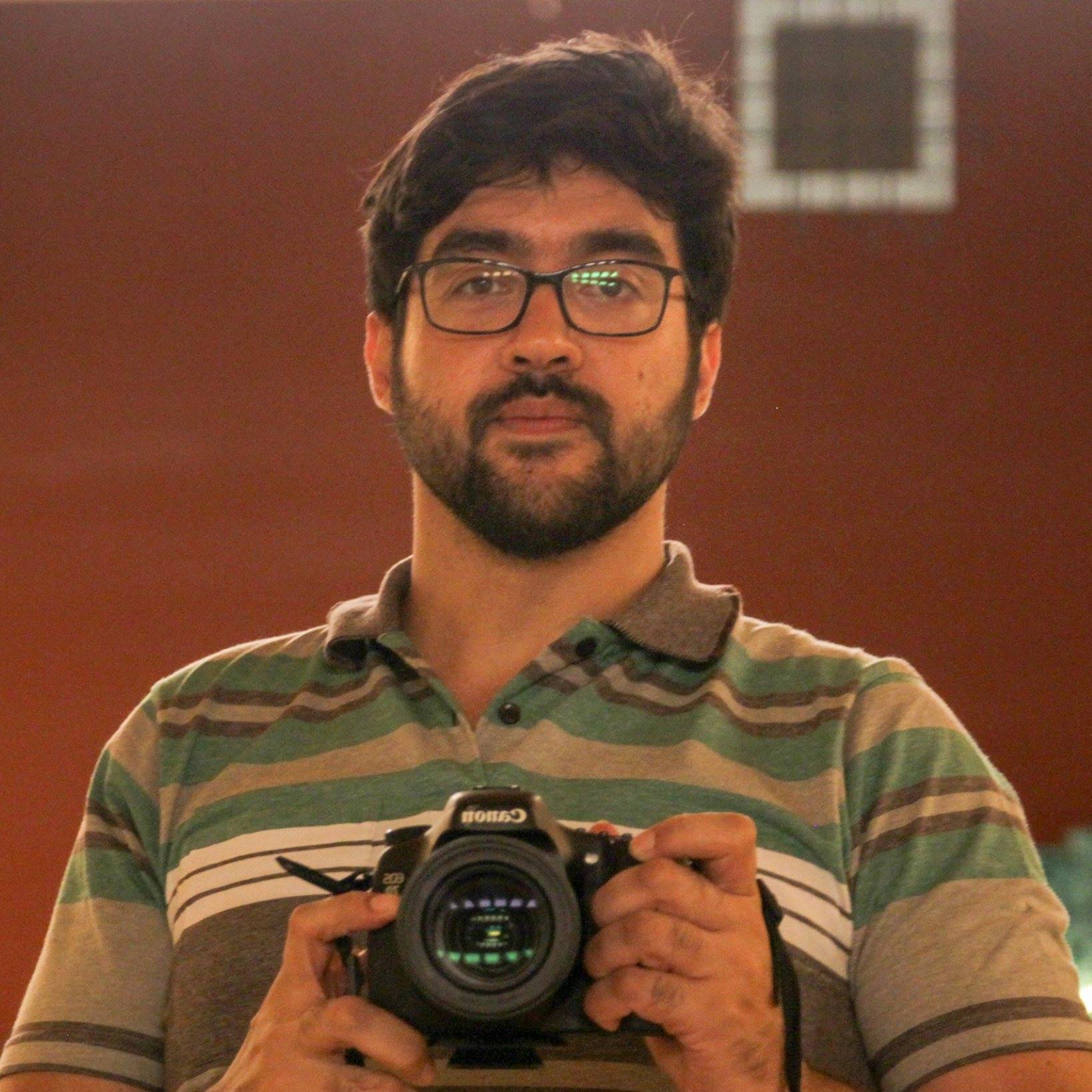
Eduardo Falcão is a PhD candidate at University of Aveiro. He has a master in History and Heritage at Faculdade de Letras da Universidade do Porto (FLUP) and a degree in History from Universidade Estadual de Campinas (UNICAMP) in São Paulo, Brazil. He has an associate degree in classical guitar at E(...)
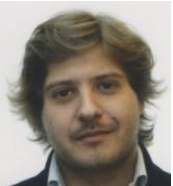
Isaac Raimundo is graduated in Music Production and Technology, and specialized in Analytical Acoustics. His professional activity has been focused in electroacoustics, more specifically in the adaptation of replay equipment and in the digitization of 78rpm discs. He is currently attending the(...)
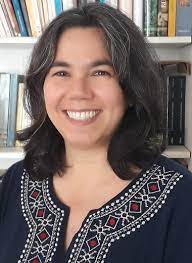
Maya Suemi Lemos is an associate professor at the State University of Rio de Janeiro (UERJ). She is a permanent member of the teaching staff at the Postgraduate program in Art History at this university (PPGHA/UERJ) as well as in the Postgraduate program in Music at the Federal University of the(...)
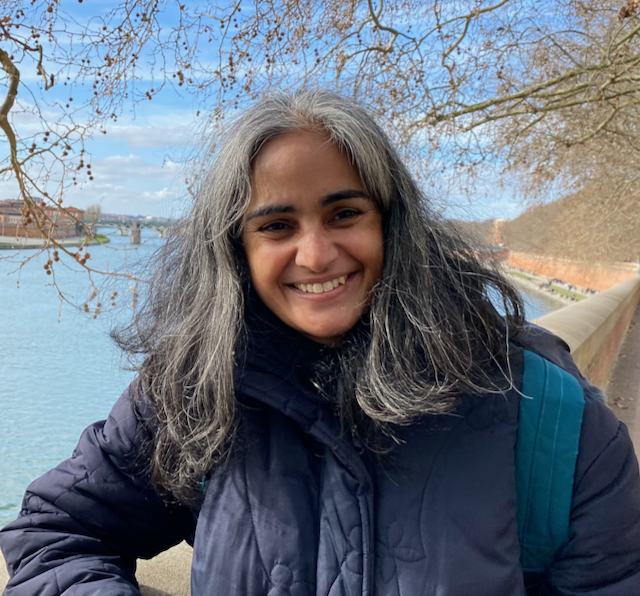
Nalini Elvino de Sousa, was born in Portugal, but lives in Goa for the past 23 years.She graduated inLíngua e Literaturas Modernas – Variante de Estudos Portugueses in Open University of Lisboa, 2007. She was part of the dance group of Goa (Ekvat group) from 1990 to 1998 in Lisbon. She did the MPhil(...)
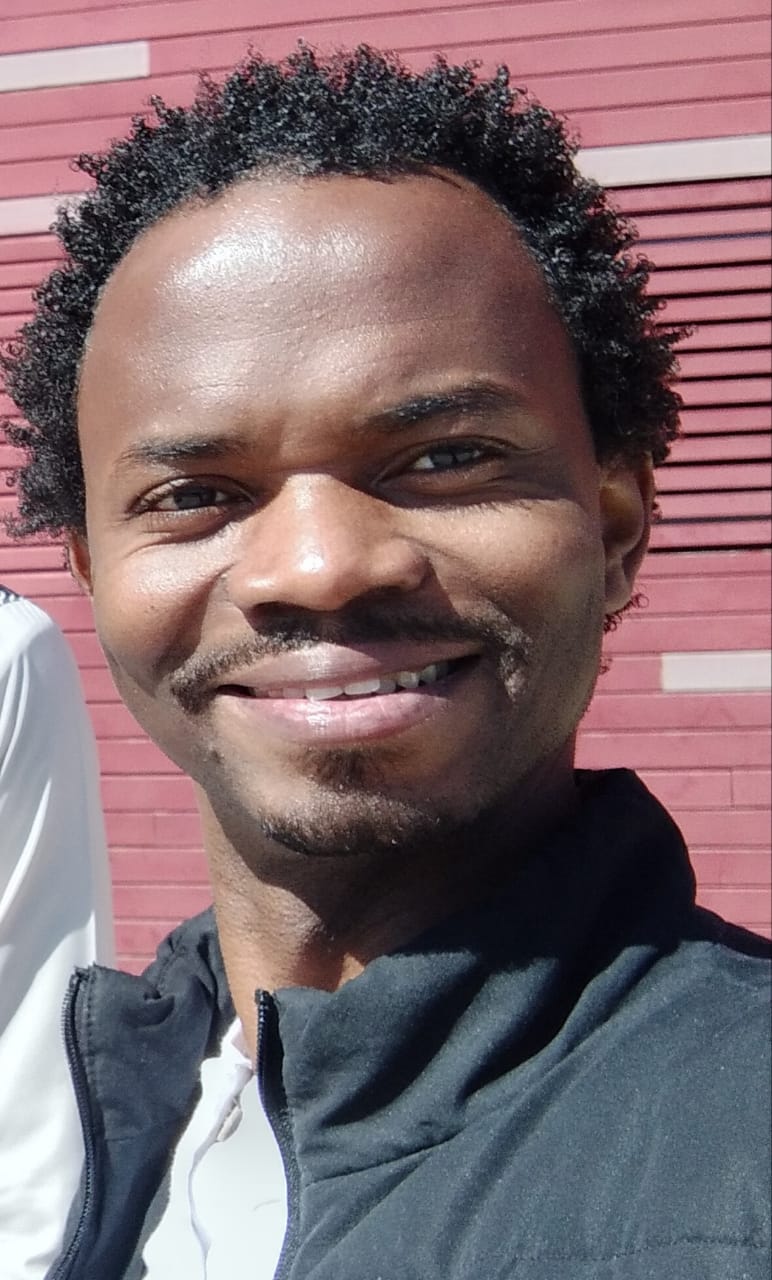
Orlando Fernão is from Mozambique, has a degree in Linguistics and Literature from Eduardo Mondlane University (UEM), 2011 and a master degree in music from the University of Aveiro (UA), 2021. He has a postgraduate degree in Anthropology (Doctorate in Anthropology). He attended a degree in Music at(...)
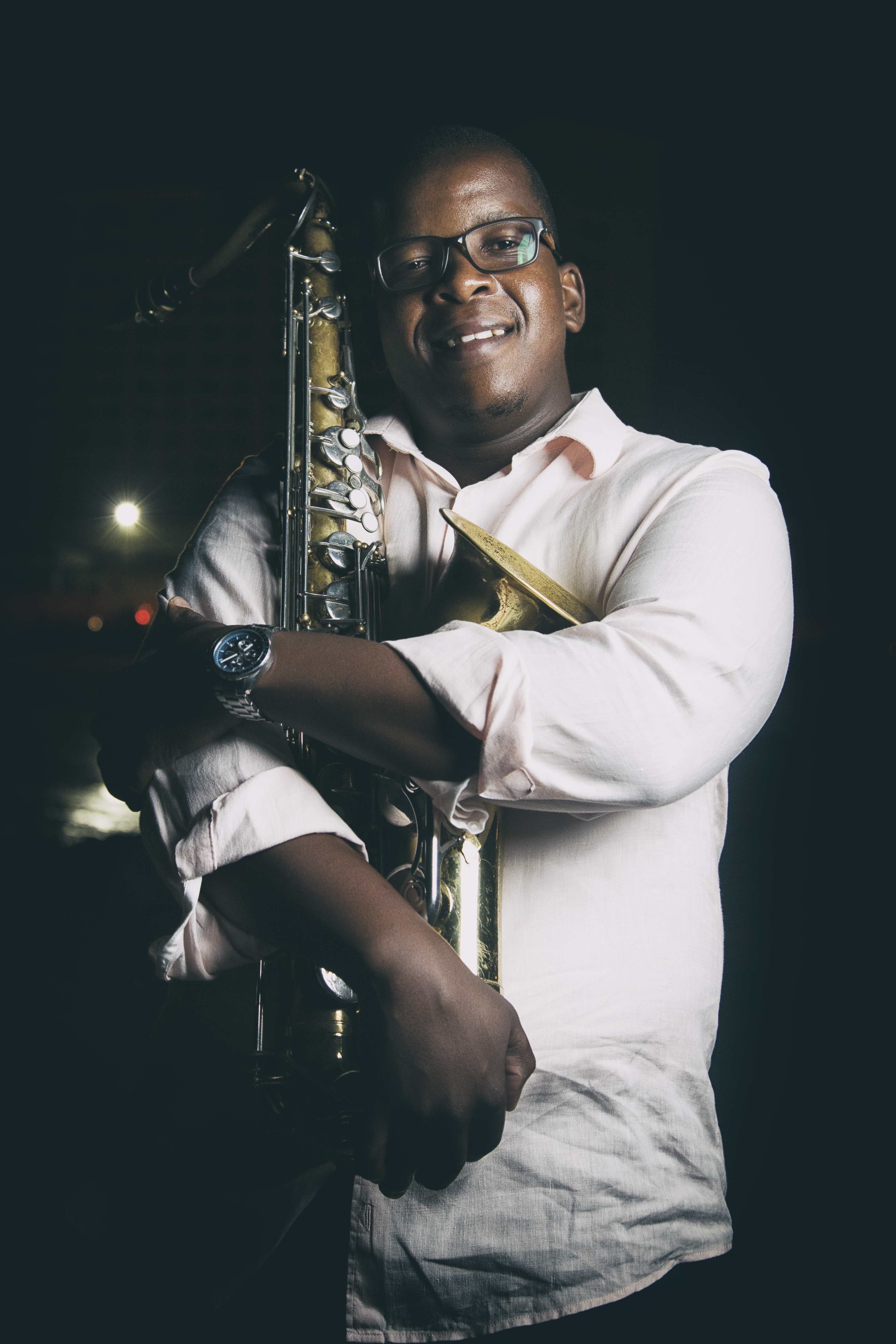
Mozambican saxophonist and musician, University Assistant at Eduardo Mondlane University, Mozambique, and doctoral candidate in music (Ethnomusicology), at the University of Aveiro, with a research project entitled, “Musical practices, Society and creative interactions in the city of Maputo”. He(...)
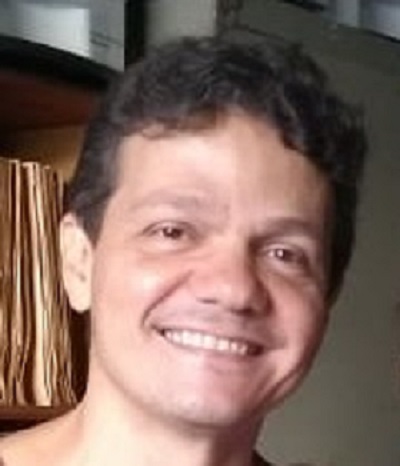
Sandor Buys is a musician, researcher and collector of records and books on Brazilian music. He is a biologist, master in ecology and doctor in zoologist, with research experience at the Federal University of Rio de Janeiro, The National Museum and Fiocruz. He is currently a PhD candidate at the(...)
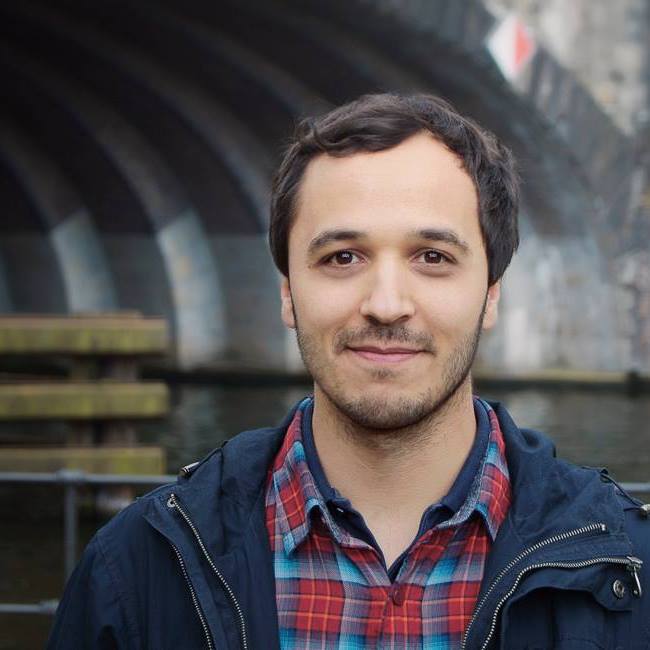
Rui Vilela is an artist and a PhD-student of the doctoral programme in Music with specialisation in Ethnomusicology at the University of Aveiro. In 2020 he was accepted as a candidate by the Amsterdam School for Cultural Analysis at the University of Amsterdam. His research project focuses on the(...)